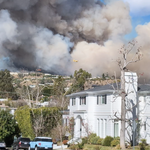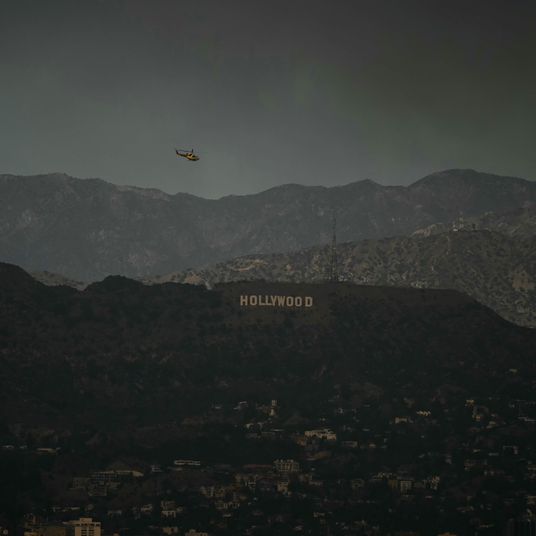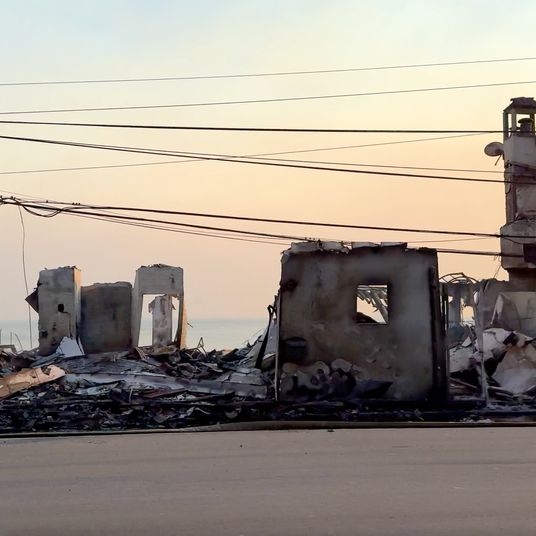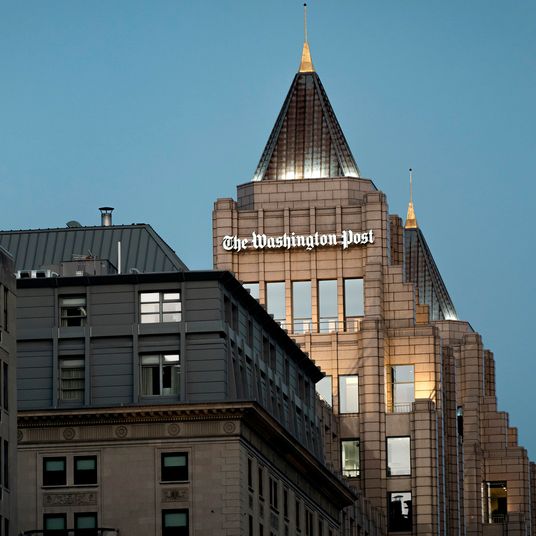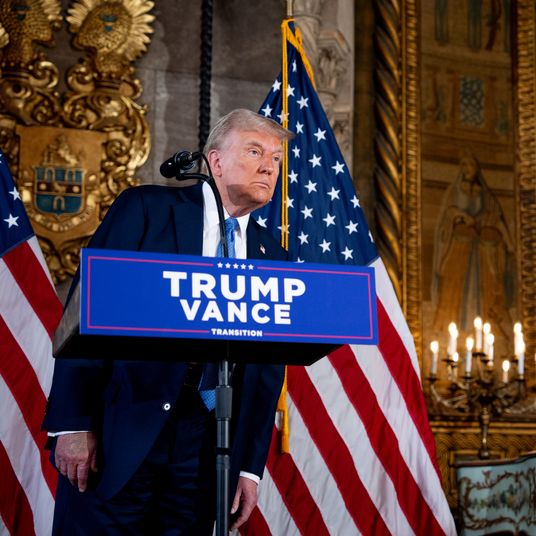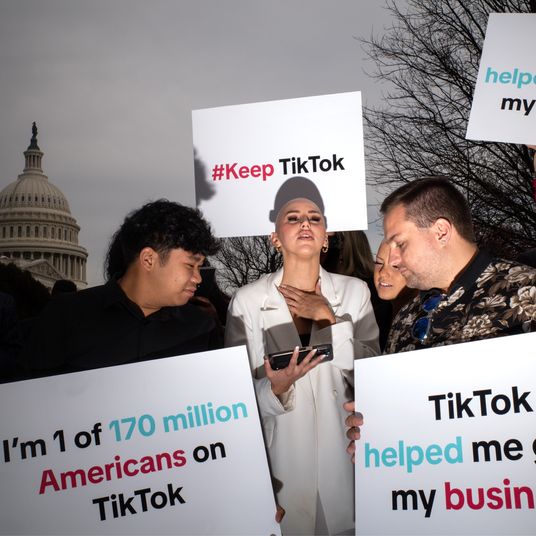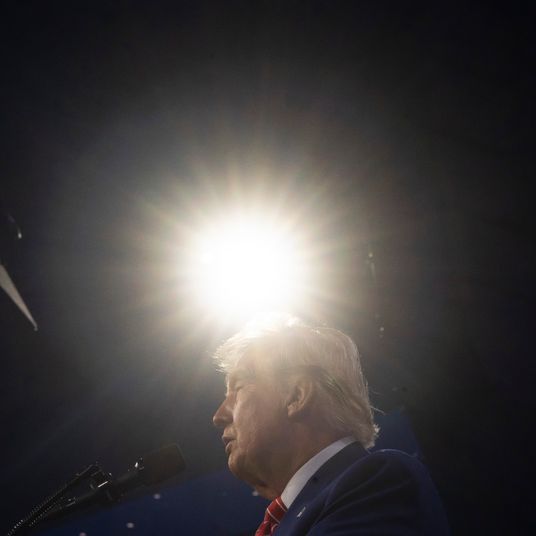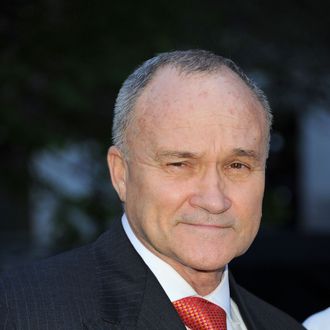
The Obama administration has largely refrained from commenting on the ongoing controversy over the NYPD’s use of extreme surveillance tactics to monitor the city’s Muslim community, which has especially angered groups on the left like the ACLU — and now, perhaps, we know why. The Wall Street Journal reports that the program’s funding came in part from the White House itself. New York and New Jersey have gotten $135 million since 9/11 via the High Intensity Drug Trafficking Area program (HIDTA), and under the Bush administration, new regulations allowed the money to be used for counterterrorism efforts. An undisclosed amount has gone toward the Muslim surveillance program.
Some of that money — it’s unclear exactly how much because the program has little oversight — has paid for the cars that plainclothes NYPD officers used to conduct surveillance on Muslim neighborhoods. It also paid for computers that store even innocuous information about Muslim college students, mosque sermons and social events.
When NYPD Commissioner Raymond Kelly was filled in on these efforts, his briefings were prepared on HIDTA computers.
The AP confirmed the use of White House money through secret police documents and interviews with current and former city and federal officials. The AP also obtained electronic documents with digital signatures indicating they were created and saved on HIDTA computers. The HIDTA grant program is overseen by the White House Office of National Drug Control Policy.
One official downplayed the use of the funds and said that the money from the program has mostly been used on vehicles. Former officers told the AP that those vehicles were the cars in which police recorded the license plate numbers of worshippers at certain mosques — something that’s unlikely to reassure critics. Besides, the program funding also helps pay rent for the NYPD’s intelligence unit, as well as for server space and other tech stuff. Many officers involved in the program, for instance, use HIDTA e-mail addresses. All of this means that efforts by activists worried about the program’s constitutionality and civil liberties violations just got both more complicated and more legally significant.



